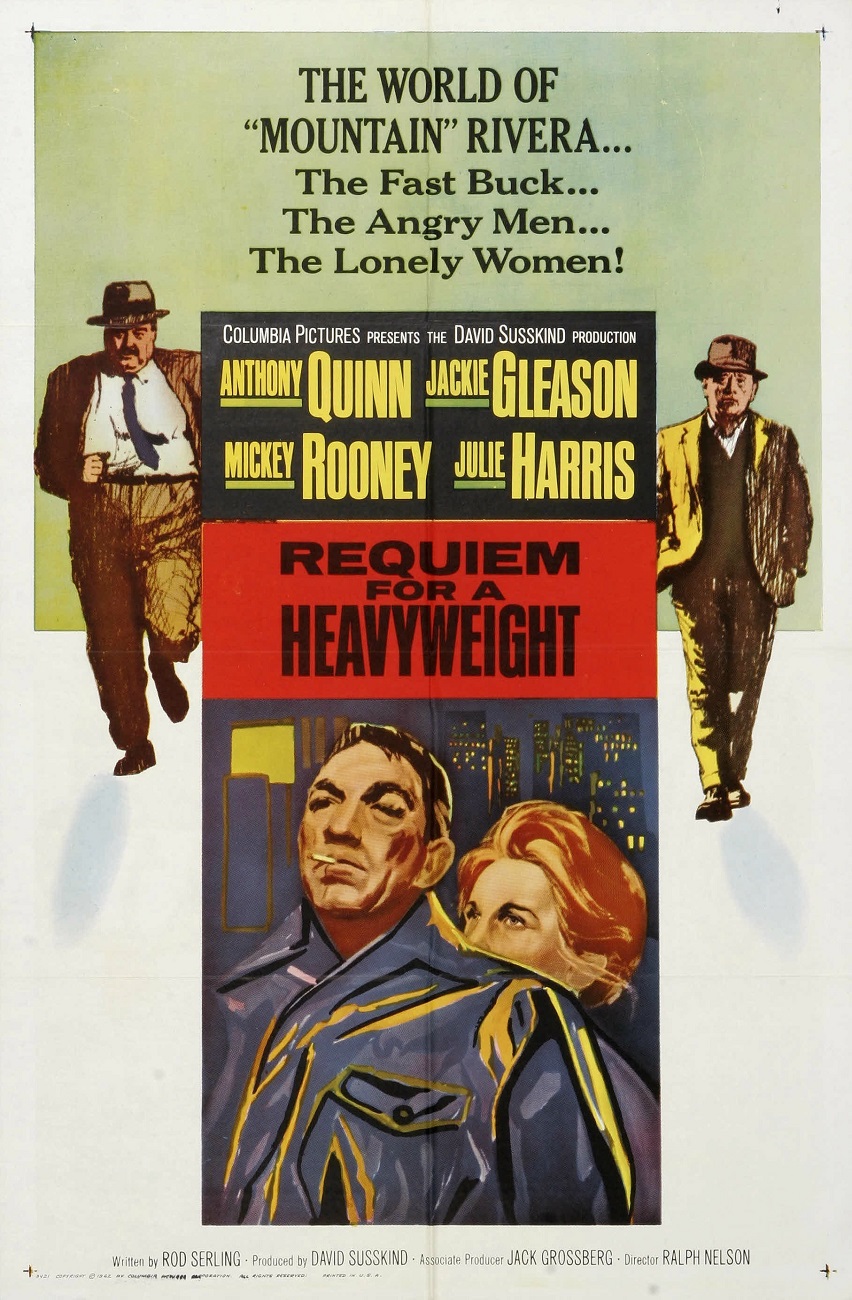Requiem for a Constitutional Clause
September 7, 2022 In addition to the Court’s holding about the dormant Commerce Clause, NextEra Energy Capital v. Lake explained why the plaintiff’s claim based on the Commerce Clause was properly rejected (with citations omitted, although the citations are valuable and instructive):
In addition to the Court’s holding about the dormant Commerce Clause, NextEra Energy Capital v. Lake explained why the plaintiff’s claim based on the Commerce Clause was properly rejected (with citations omitted, although the citations are valuable and instructive):
One of the original Constitution’s only express limitations on state power, it directs that “No State shall … pass any … Law impairing the Obligation of Contracts.” The Contracts Clause was a response to the state laws relieving debtors during the 1780s. In the first century or so of the Republic, before the Bill of Rights restricted states, the Contracts Clause was “the primary vehicle for federal review of state legislation.” Some of the greatest hits of the antebellum Supreme Court were Contracts Clause cases.
But unlike the dormant Commerce Clause, the Contracts Clause is not what it once was. The Supreme Court substantially narrowed its scope during the Great Depression. Under modern caselaw, states have some leeway to alter parties’ contractual relationships “to safeguard the vital interests of [their] people.”
A related principle that has sapped the Contracts Clause of its earlier force applies here. We now recognize that parties contract with an expectation of possible regulation. That is especially true in highly regulated industries like power. That history of regulation put NextEra on notice that Texas could enact additional regulations affecting its two projects. After Order 1000, there was substantial uncertainty about how state regulators would respond.
Despite PUCT’s declaration that transmission-only companies could enter the market, Texas courts never weighed in on the issue. Moreover, the emergence of state rights of first refusal signaled that Texas could enact something similar, if not more restrictive.
No. 20-50160 (Aug. 30, 2022).